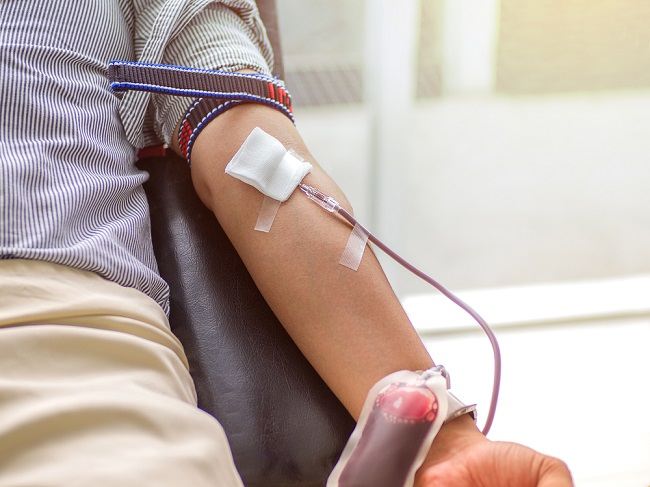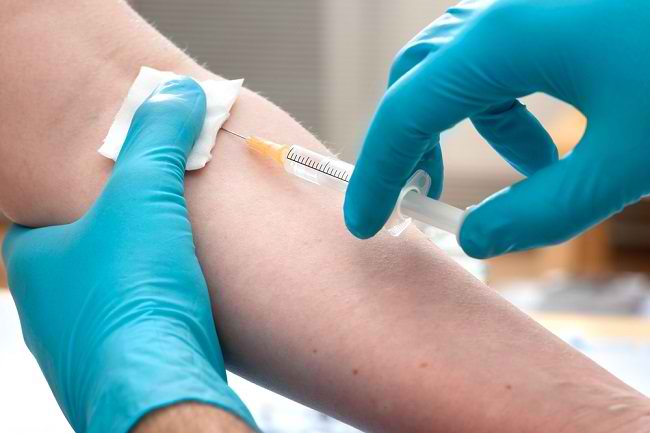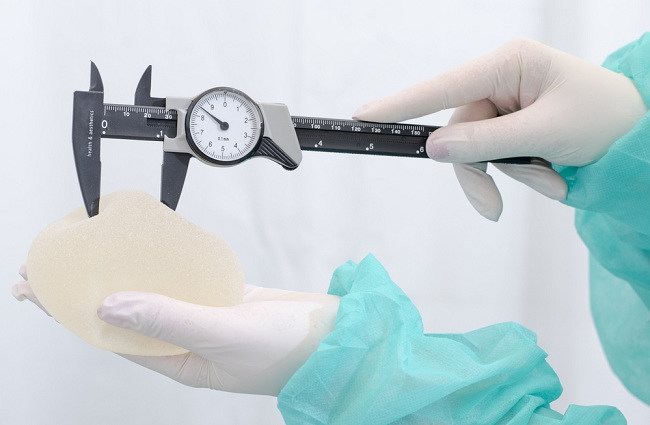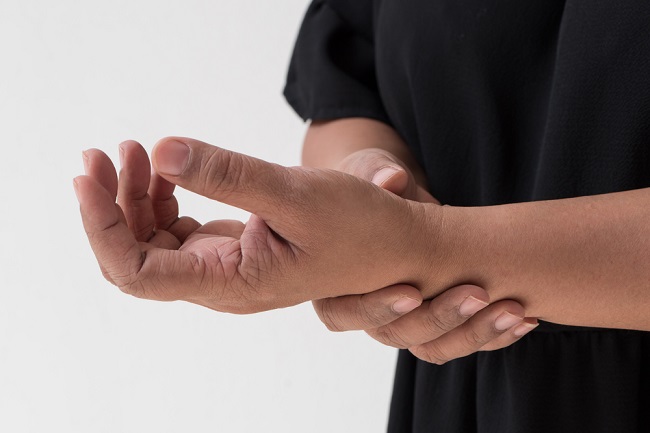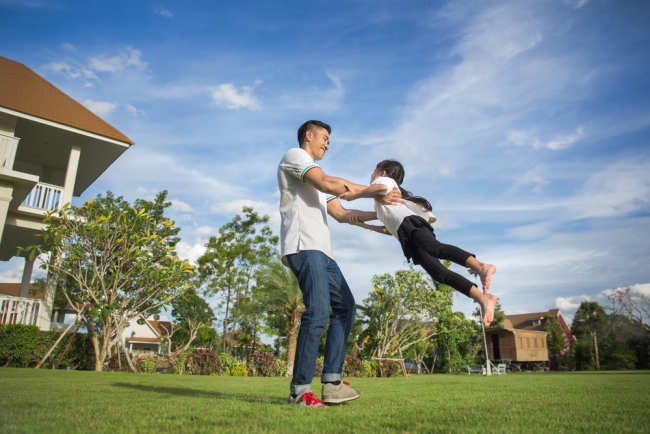To reduce the number of transmission of the Corona virus, it is better for us to remain disciplined in implementing health protocols. We should also do this on Eid al-Fitr. So, how to safely celebrate Eid in the midst of the COVID-19 pandemic without losing the value of worship and moments of friendship?
After fasting for 1 full month of Ramadan, it is time for Muslims to celebrate the day of victory. Even though there is still a COVID-19 pandemic, Eid can still be lived with gratitude and full of joy, really.
To find a place to do a Rapid Test or PCR near your home, click here.

Tips for Safely Celebrating Eid During the COVID-19 Pandemic
By implementing health protocols, including maintaining distance and not going out of the house if there is no urgent need, it doesn't mean that you and your family can't celebrate Eid. you know. To stay safe while celebrating Eid in the midst of the COVID-19 pandemic, follow these tips:
1. Don't huddle on takbir night
Takbiran outside the house during the COVID-19 pandemic is okay. However, it is recommended that you keep your distance and not gather in groups, and use a mask to avoid contracting the Corona virus.
Although it is not prohibited, it would be nice if you celebrate takbir night at home. Apart from being safer, echoing takbir, tahmid, and tahlil on the night of Eid at home can also be wiser.
In addition, in almost all mosques there are mosque administrators who are tasked with echoing the takbir in the mosque with loudspeakers. So, you can still follow it even if you stay at home.
2. Keep your distance during Eid prayers
Eid prayer should be done in congregation. If you want to do it in a mosque, mushala, field, here is a guide:
- Wash hands with soap and running water.
- Perform ablution from home so you don't have to congregate in public ablution places.
- Use cloth masks properly.
- Do a body temperature check.
- Make sure the performer of the Eid prayer follows the rules to shorten the reading of the prayer and shorten the execution of the sermon.
- Keep your distance or physical distancing at least 1.5 m with other people from traveling from home, entering the mosque or prayer area, until the time of prayer.
- Adhere to the row settings with a distance of about 1.5–2 meters.
- Use your own prayer mat or prayer mat and don't share it with others.
- Avoid shaking hands or hugging after Eid prayers and replace them with smiles or greetings from afar.
If you are worried about contracting COVID-19, praying Eid al-Fitr at home, either alone or together with family members, is fine. Here is the guide:
- When done aloneIf you do the Eid prayer alone, you just need to do this prayer as usual by reading short letters and no need for a sermon.
- When done with family members at home
After the prayer, the sermon was carried out according to the provisions of the Eid sermon. However, if the number of worshipers is less than 4 people or if there is no one at home who can give a sermon, the Eid prayer may be performed in congregation without a sermon.
Even if you pray together with your own family, you should still maintain a distance so you don't get too close, especially if there are family members who are elderly or who are still active outside the home.
3. Pay zakat fitrah via transfer
Zakat fitrah is zakat that must be paid in the month of Ramadan. This type of zakat is paid from the beginning of fasting and no later than before the Eid prayer.
In order to reduce the occurrence of physical and face-to-face contact, zakat payments can be easily made through bank transfers. Based on the provisions of the National Amil Zakat Agency, the value of zakat fitrah is equivalent to Rp. 40,000 per person.
4. Friendship via short messages and video call
The Lebaran moment is closely related to people's habits of going home. However, in the midst of the Corona virus pandemic, you should stay at home, without having to go home.
Even though you are at home, you can still send greetings via short messages from your mobile phone or send Eid greeting cards to family outside the city. Even though the body is not with them, you can still forgive in this way.
Silaturahmi can even be done face to face through video call. You can make video calls using smartphone to more than 5 phone numbers at the same time. With this feature, distance is no longer an obstacle to stay in touch on Eid, right?
5. Sending Eid parcels to each other
Not going home and staying at home doesn't mean you can't give gifts to your family back home, right?.
To give gifts and pastries to them, you can order Lebaran parcels in person on line or make your own and send it via courier service. That way, even families who live far away in the village can still enjoy your homemade cookies.
6. No need to mall to shop for new clothes
You can still wear new clothes during Eid by shopping on line. Through this method, you can still get clothes for Eid without having to leave the house and jostle with many people which can actually increase the transmission of the Corona virus.
By implementing 6 safe tips to celebrate Eid during the COVID-19 pandemic, you and your family can still stay in touch with happiness and gratitude, but still be protected from the Corona virus.
If you or your family members experience COVID-19 symptoms, such as fever, cough, runny nose, or shortness of breath, immediately self-isolate and consult a doctor through the ALODOKTER application or contact hotline COVID-19 for further directions.
